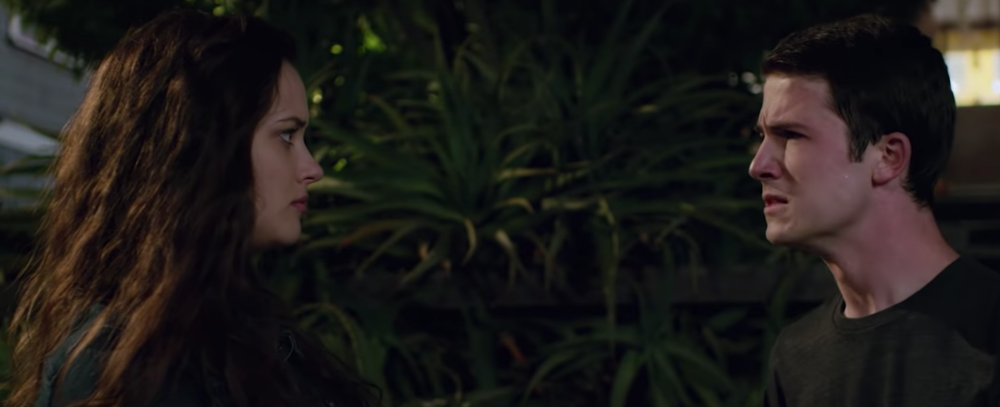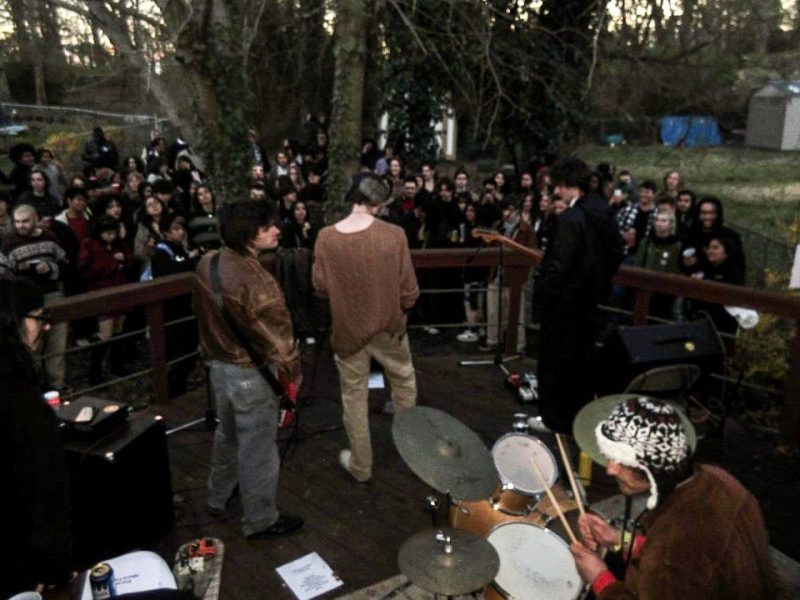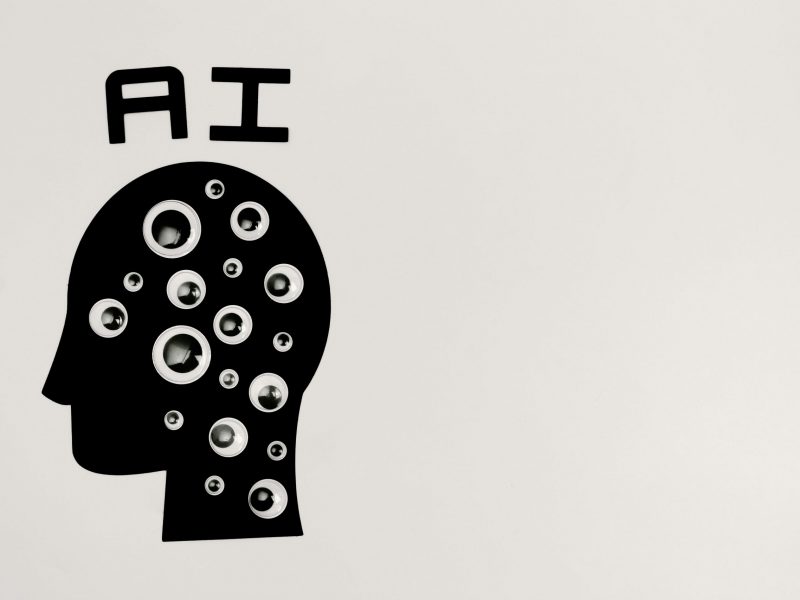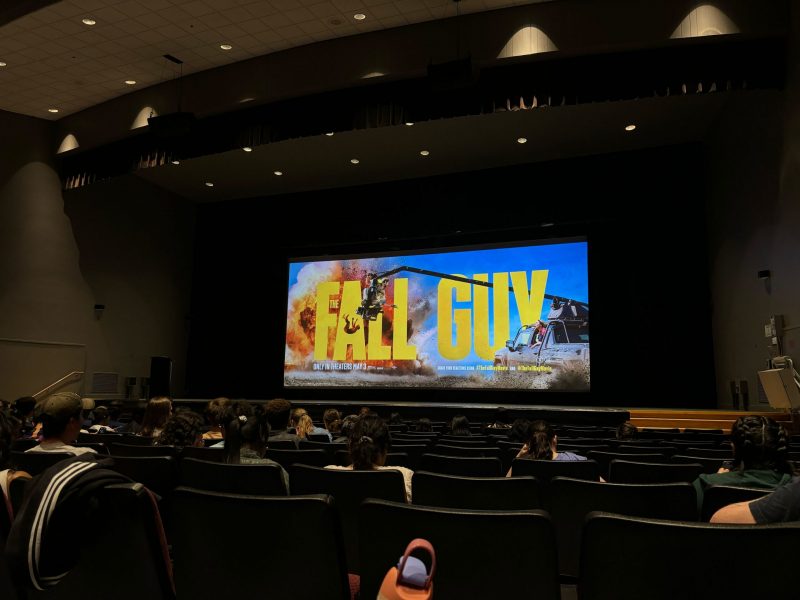The first season of Netflix’s 13 Reasons Why, based on the Jay Asher novel of the same name, was provocative to say the least. The show —which stirred up controversy for romanticizing suicide in the past— released its second season on Friday.
If the show’s first season was trying to start a dialogue about suicide, I just don’t know what the second season was supposed to be doing, and I don’t think the writers knew either.
In the first season, we see the lead up and aftermath of the suicide of Hannah Baker (Katherine Langford), a snarky yet sensitive teen girl. This is accomplished through the posthumous release of tapes — 13 in all — Hannah made before she died, each centered around a person she believed drove her to the grave. No detail is spared of us as an audience; we’re subjected to two rape scenes and Hannah’s suicide.
The storytelling device du jour for this season is the testimonies of our survivors from the first season, as Hannah’s parents sue her school for neglecting to help her. We get to hear the events of the first season from the perspective of someone other than Hannah or Clay (Dylan Minnette), who is still infatuated with her after her demise. As Asher never wrote a sequel to the novel, we’re truly in uncharted waters as viewers.
Spoiler alert: Hannah Baker wasn’t exactly truthful in her tapes. That much was a given from the moment they announced a second season (as Netflix reminded us so often in the show’s advertising, there are plenty of different sides to every story). We see Hannah had a relationship with someone on her tapes, which cheapens the romance between Clay and Hannah from the first season —we were told for a year Clay was the only person Hannah truly cared about. This revelation makes a major subplot from the previous season blatantly untrue.
Indeed, much of 13 Reasons Why’s second season reads like bad fanfiction —unsurprising, given the lack of source material. The school’s defense lawyer appears to be clairvoyant, bringing up personal conversations only the characters participating in them could have possibly known. Sure, this gives us some juicy details; but it’s lazy storytelling. Things happen for no apparent reason other than shock value — and yes, that includes another rape scene in the season finale, far more gratuitous than anything in the first season.
Were the writers trying to show an accurate depiction of the aftermath of suicide? Perhaps, but all that goes out the window once Hannah shows up as a ghost. Were they trying to encourage survivors of rape to come forward? The show doesn’t do much to make real-life victims feel more comfortable in telling their stories when survivors Hannah and Jessica Davis (Alisha Boe) are slutshamed both in literal court and the court of public opinion. It’s an all-too-common reality, yes —but in a series where its writers have presented it as advocacy, it’s probably not the best reality to tackle. Is it trying to tell us how to help stop school shootings? Because we see people trying to actually talk with a potential shooter in this season’s finale instead of, you know, running away or calling the police.
The first season of 13 Reasons Why had its warts, but at its heart it was a compelling teen drama and mystery. The second season, on the other hand, is shallow. And with a show that has such a salient subject matter to today’s kids, that’s about the worst thing you can be.
1/4 Shells.



